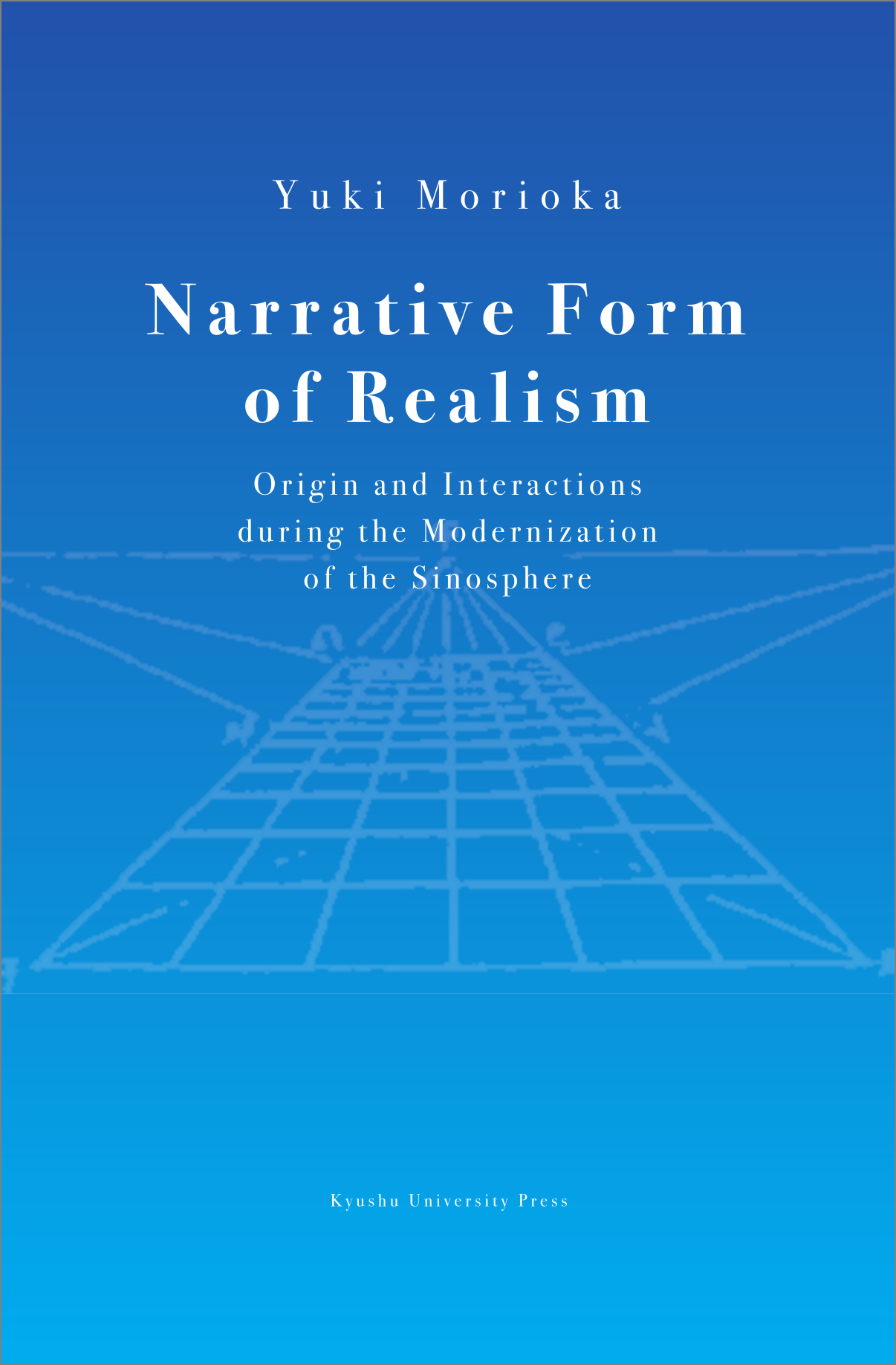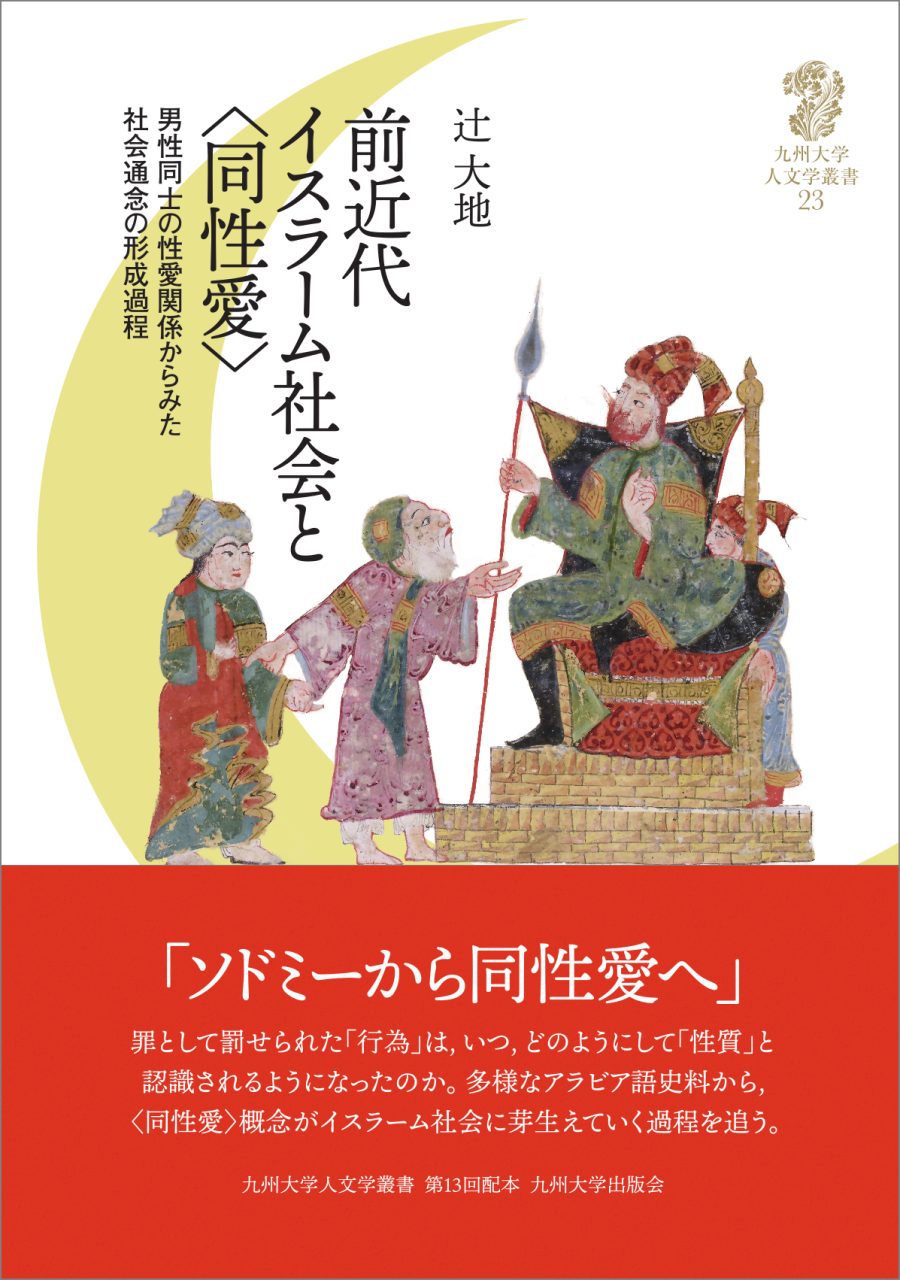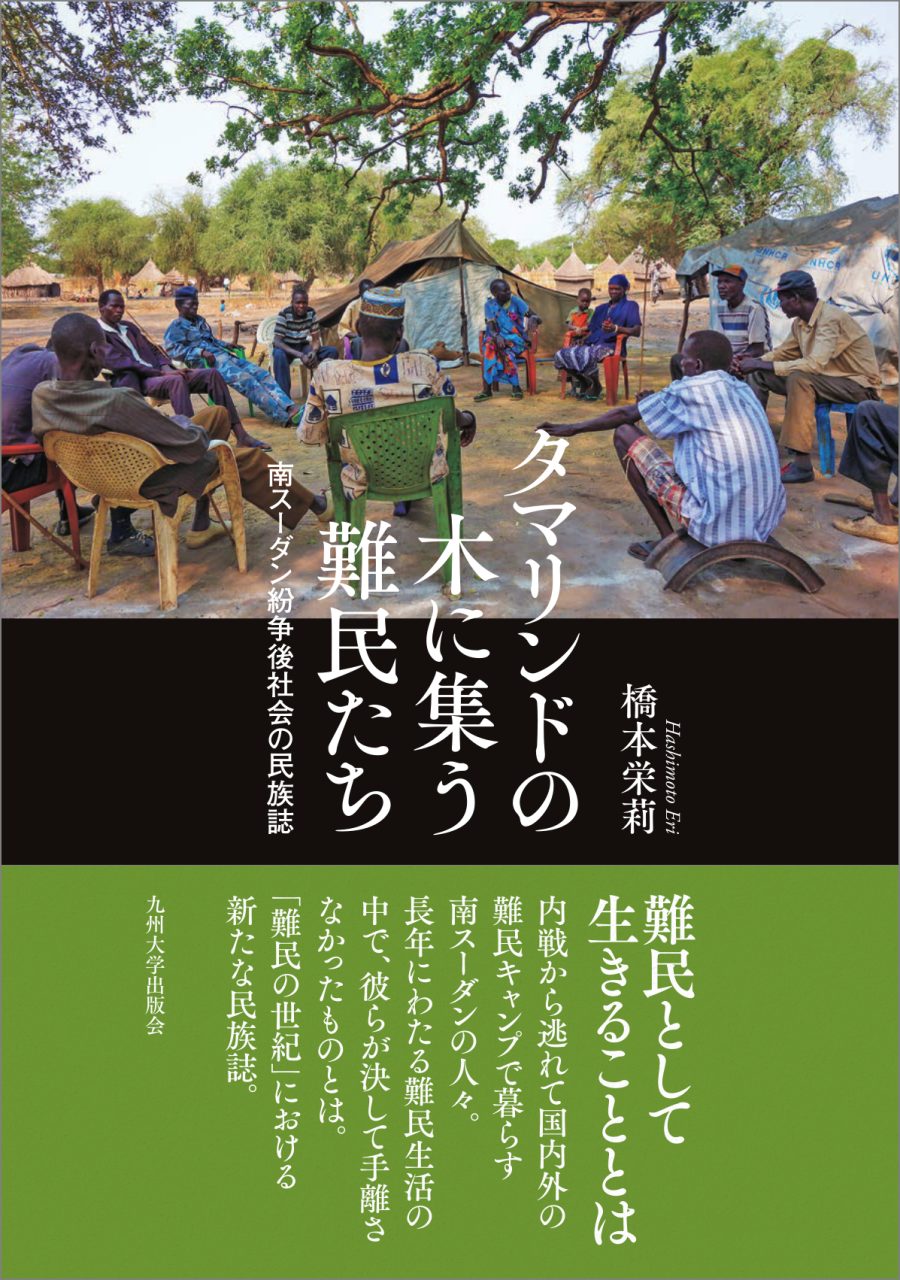Narrative Form of Realism
Origin and Interactions during the Modernization of the Sinosphere
内容紹介
日本の中国古典研究は漢学や清の考証学などの伝統を受け継ぎ、世界的にも高い水準に達しているだけでなく、中国近代研究も時代の問題意識を強く反映した思想的に意義ある研究を生み出してきた。「中国近代小説が如何に成立したか」という問題は近代文学研究の最も関心が高いテーマの一つであり、厚い蓄積がある。戦後日本知識人の深い反省のもと、竹内好は、魯迅の分析を通して中国の近代形成過程を「下からの近代化」と称した。これは日本の政府主導で行われた「上からの近代化」と対比として、梁啓超、魯迅等の民間知識人が様々な分野での近代化を主導した事を指摘した言葉である。そのため日本の中国近代小説研究は、近代小説の創成に関わった知識人の思想に着目し、知識人の近代精神の獲得過程に則って文学史を描出する研究が主流を成してきた。代表的研究として、1944年の竹内好『魯迅』、1965年の丸山昇『魯迅』等がある。
しかし、海外ではこれらの研究はほとんど知られていない。竹内好の『魯迅』さえも翻訳されておらず、日本の研究者が行った研究はまだ海外では十分に知られていないのが現状である。本書の刊行目的は、日本の中国近代研究の実証的かつ精密な研究蓄積の上に行った研究を英語で刊行し、欧米等の文学研究との対話を促す契機となることを目指すものである。本書は日本の近代中国文学研究の問題意識「中国近代小説が如何に成立したか」を基盤とし、主に清末・明治の思想交流などの影響関係から、中国独自の近代小説形成の脈絡を実証的かつ精密な考察で示すものである。
目次
List of Tables
Introduction A Shift in China to a Modern Worldview
Part 1 Formation and Transformation of Discourse About Realism
Chapter 1 Cross-Border Interactions in the Modernization of the Sinosphere:
Departing from Traditional Chinese Fiction and Translating Japanese Political Fiction
1.1 The Transition to a Modern Worldview and How Translation Practices Reflected It
1.2 Kajin-no-kigū (Strange Encounters with Beautiful Women)
1.3 Keikoku-bidan (Young Politicians of Thebes)
1.4 Idealist and Realist Fiction: The Two Forms of Enlightenment
Chapter 2 Fusion of Selected Elements of Western Modernity:
From “Zìrán-zhǔyì / Xiěshí-zhǔyì” Realism to “Xiànshí-zhǔyì” Realism
2.1 Late-Qing Literary Criticism: The Mutual Influence of Fiction and Society
2.2 Literary Theory During the May Fourth Movement: Objective Depiction and “Reality” (Xiěshí)
2.3 The Effort in the Late 1920s to Translate Western Literary Theory
2.4 Chinese Literary Theory and the Three Elements of Fiction
2.5 Embrace of Socialist Realism
Chapter 3 China’s Unique Path to Modernization: Realism and Postmodernism
3.1 Adoption of Postmodernist Theory and Use of Postmodernist Critique in China
3.2 Postmodernist Literature and the Avant-Garde
3.3 Ma Yuan’s Narrative Revolution
3.4 Chen Xiaoming’s Critique of Realism
Part 2 Role of Translation in Forming Modern-Realist Fiction
Chapter 4 Gap Between Enlightenment Ideals and Practice:
Chinese Translations of Meiji-era Japanese Translations of Science Fiction
4.1 Translations Produced by Lu Xun During his Study in Japan
4.2 Lu Xun’s Translations of Science Fiction
4.3 Late-Qing Translations of Verne’s Science Fiction
4.4 Moon Journey
4.5 Subterranean Journey
4.6 Concreteness in Fiction
Chapter 5 Narrative and Enlightenment: Soul of Sparta and Meiji Periodicals
5.1 Some Matters to Clarify
5.2 Circumstances at the Time of Writing
5.3 Greek History in Meiji Japan
5.4 Accounts in Japanese Periodicals for Women and Youth
5.5 Characterization of Selene
5.6 Russian-Rejection Affair
5.7 Structure
5.8 Narrative
5.9 Appendix
5.9.1 The Greek Alliance in Numbers
5.9.2 Rendering of “Phocian”
Chapter 6 Discovery of Perspective in Fiction: Lu Xun’s Translations for Collection of Foreign Fiction
6.1 Background
6.2 Source Texts
6.3 Translation Method
6.4 Si ri (Four Days), Man (The Lie), and Mo (Silence)
6.5 A Change in Lu’s Translations
Chapter 7 Discovering the Legitimacy of Fiction: Tracing the Early Translations of Zhou Zuoren
7.1 Early Translations
7.2 The Gold-Bug (Poe)
7.3 The Lighthouse Keeper: Zhou Zouren’s Dengtai shou and Wu Tao’s Dengtai zu
7.4 Fiction as Legitimate Literature
Chapter 8 Reproducing Reality: Nostalgia, a Novel in Literary Chinese
8.1 A Nascent Attempt at Modern Fiction
8.2 Real-Life Models for Fictional Entities
8.3 The Narrative in Huaijiu (Nostalgia): The Perspective of a Boy—an Outside Observer
8.4 A Perspective that Objectifies the World
8.5 Modern Ideals and Realism
Conclusion
Main Bibliography
Author Note
著者紹介
森岡優紀(もりおか ゆき)
国際日本文化研究センター外来研究員(日本学術振興会特別研究員(PD))。
神戸大学大学院文化学研究科単位取得退学。神戸大学博士(学術)。
京都大学大学院人間環境学研究科単位取得退学。京都大学博士(人間・環境学)。
専門は中国文化研究、東アジア比較研究。
主要業績:
『中国近代小説の成立と写実』(京都大学学術出版会、2012)
『歴史の周縁から』(東方書店、2016)
『近代伝記の形成と東アジア: 清末・明治の思想交流』(京都大学学術出版会、2022)。








![液体ロケットの構造システム設計[改訂版]](https://kup.or.jp/wp-content/uploads/2023/09/4e94ffb64b992b62fa1fd7b0c45e4efe-902x1280.jpg)
